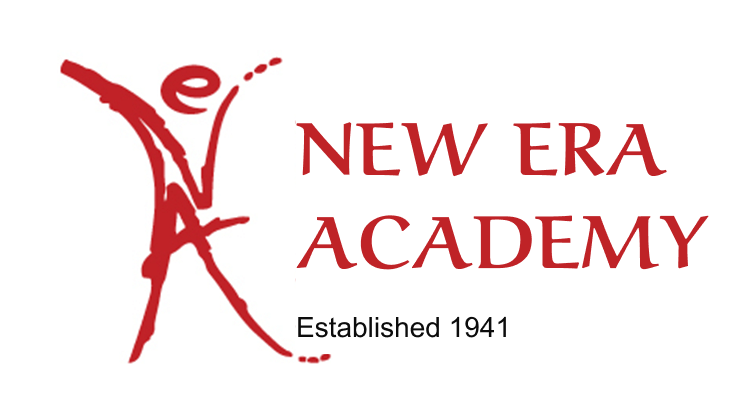Speech & Drama
Communicating, Story-telling Through Speech & Drama
Speech is the vocalised form of human communication. It is one of the methods by which we share our speech and drama. Speech can vary according to where we live. Dialect adds colour to language. We use modulation to give variety to the voice. We support vocal communication with facial expression and through body language.
Drama is primarily thought of as a play. Finding the right voice for a character is essential so we look at the ‘givens’ from the playwright – period of play, age, status, and character personality. NEA’s Speech & Drama examinations incorporate verse and prose, speaking from memory, sight reading of verse and prose as well as dramatic works. Speech & Drama examinations sit well alongside our Acting examinations, which provide a firm focus on the techniques of acting as well as vocal communication.
Speech & Drama is a Confidence Springboard
Of course not everyone follows the path through to a professional career in the theatre. Those who lack confidence in everyday communication can use Speech & Drama as a tool or springboard to gain confidence in presenting themselves in today’s world, be it for business or the world in general. Spoken English and Interview Technique are ideal springboards and/or sit well alongside Speech & Drama examinations.
These examinations are progressive. Learners will memorise a piece of poetry and prose and as they progress through exams and for some later exams they will have the choice of an acting piece, and sight reading will be given, as well as discussion with the examiner.
Speech and Drama – Syllabus
Student Learning Objectives:
NEA’s Speech & Drama examinations are a good place to start for anyone interested in performance or communications in a vocational capacity. Allowing Learners to build confidence, gain an appreciation of poetry and literature, plays, vocal technique and enhance a learners understanding of the English Language through:
- Speaking of literature and poetry
- Looking closely at the English Language, how it is spoken and constructed
- Vocal technique
- How to communicate both one to one and to an audience
- Body language
- Planning and research
PERFORMER CATEGORIES
- Solo
EXAMINATIONS GRADES
- Preliminary | Transition
- Grades 1, 2, 4 and 5
MEDAL GRADES
(Awarded for Solo | Duologue ONLY)
- Grade 3 (Foundation)
- Grade 6 (Bronze) | Grade 7 (Silver) | Grade 8 (Gold)
DIPLOMA LEVELS
- ANEA – Level 4 (Speech and Drama | Public Speaking | Diploma in Performance [Acting, Mime, Musical Theatre, Shakespeare] )
- LNEA – Level 6 (Speech and Drama Teaching Diploma | Public Speaking Diploma)
UCAS TARIFF POINTS
- Between 8 and 30 points (subject to pass mark)
- Grades 6, 7, 8 ONLY


